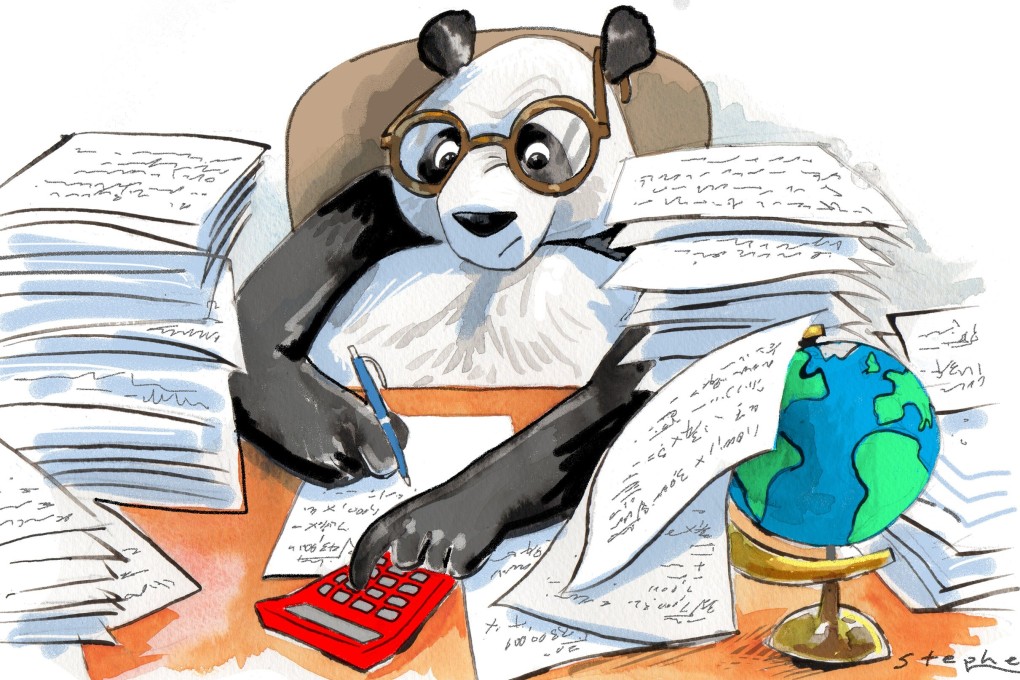Advertisement
Opinion | Coronavirus and trade war pushing China to focus on fixing economy rather than leading world order
- Scant mention of Belt and Road Initiative and abandoning of annual GDP target indicates managing internal affairs dominates leaders’ attention
- Decisions taken during the National People’s Congress meeting suggest the Communist Party is putting emphasis on providing jobs and social stability
Reading Time:3 minutes
Why you can trust SCMP

The notion that China will emerge stronger from the crisis and seek to fill the void in global leadership left by a retreating United States has become conventional wisdom among Western commentators. Judging by the long-delayed meeting this year of the National People’s Congress, though, Chinese leadership is more focused on managing its own economic woes than leading the world.
Beijing holds its conservative maxim that no matter how complicated the international situation has become, China must prioritise the management of its own affairs. This resonates loud and clear at this time of crisis.
The new national security law in Hong Kong caused a blast of explosive responses from the West. Yet, China’s critical domestic priority remains to revive a struggling economy amid mounting unemployment. Soft power, pandemic diplomacy and the ambitious Belt and Road Initiative were not the focus of the meetings.
Advertisement
Instead, Chinese leadership presented a grim assessment of the domestic and international economic landscape, as foreshadowed in previous Politburo meetings. It also abandoned the annual GDP target, which has not occurred since it first announced the number.

02:18
Two Sessions 2020: China sets no GDP target for first time, defence spending growth slows
Two Sessions 2020: China sets no GDP target for first time, defence spending growth slows
A staggering GDP target alone is no longer seen as a panacea to surmount all challenges faced by China in a post-Covid-19 world. Instead, stabilising soaring unemployment to create an extra 9 million new jobs, eradicating absolute poverty and increasing cash flow to smaller companies trumped everything else.
Advertisement
Advertisement
Select Voice
Select Speed
1.00x
